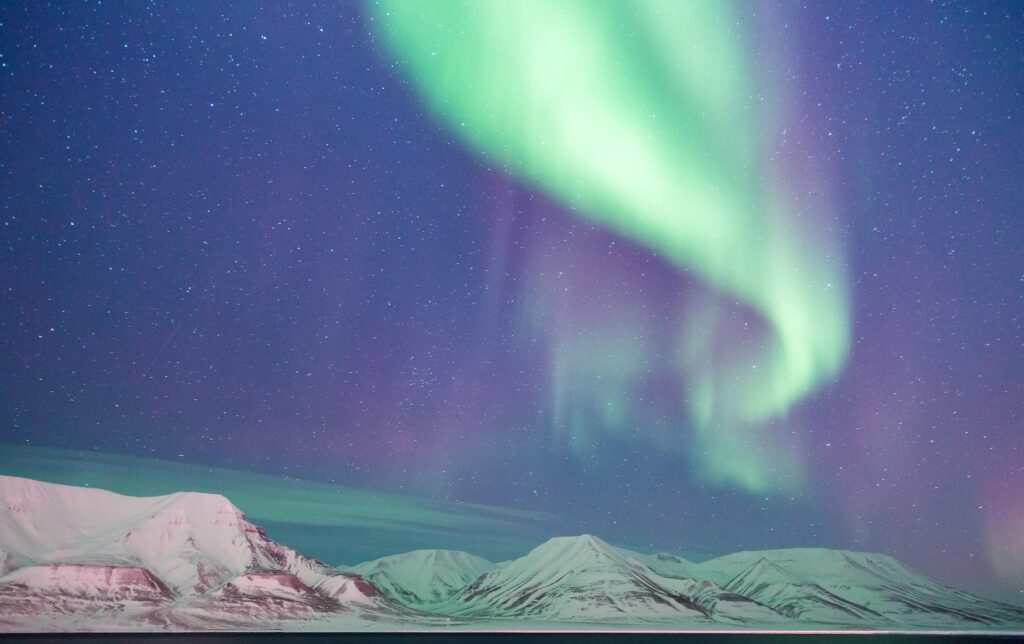Senate Vote Shows Government Open for the Oil Industry, Closed for People

FOR IMMEDIATE RELEASE
Date: October 30, 2025
Contact: Anja Semanco | 724-967-2777 | anja@alaskawild.org
Senate Vote Shows Government Open for the Oil Industry, Closed for People
Washington, D.C.— In a move that threatens key protections in Alaska’s Western Arctic, the U.S. Senate today passed S.J. Resolution 80 by a vote of 52-45, which would disallow President Biden’s Record of Decision (ROD) for the National Petroleum Reserve–Alaska. The bill, sponsored by Senator Dan Sullivan (R-AK), still requires a final vote in the U.S. House.
“While unpaid federal employees are being forced to work and millions of Americans are struggling to make ends meet, today Senator Dan Sullivan has shown where his loyalty lies: with resource extraction corporations and not the American people,” said Andy Moderow, Senior Director of Policy at Alaska Wilderness League. “This vote is yet another reminder that the Trump administration and its allies in Congress are prioritizing profits for oil executives and billionaires over the basic needs of hardworking Americans.”
In 2022, the Biden administration adopted a new Integrated Activity Plan (IAP) for the Western Arctic that helped to restore the balance of landscape management after years of reckless expansion under President Trump, who opened millions of new acres to leasing during his first term. The Biden-era plan allowed leasing on roughly half of the Western Arctic, while protecting the heart of the most ecologically and culturally significant “Special Areas” like Teshekpuk Lake.
The Congressional Review Act (CRA) is an obscure but powerful tool that allows Congress to strike down recently finalized federal rules with a simple majority vote—with no possibility of a filibuster. If the House follows the Senate in approving this CRA, it would erase the 2022 ROD for the Western Arctic in its entirety. And because the CRA prohibits future administrations from issuing any rule “substantially the same,” it could lock in years of legal uncertainty, handcuff land managers, and undermine the protections Alaska’s communities and wildlife depend on.
###
